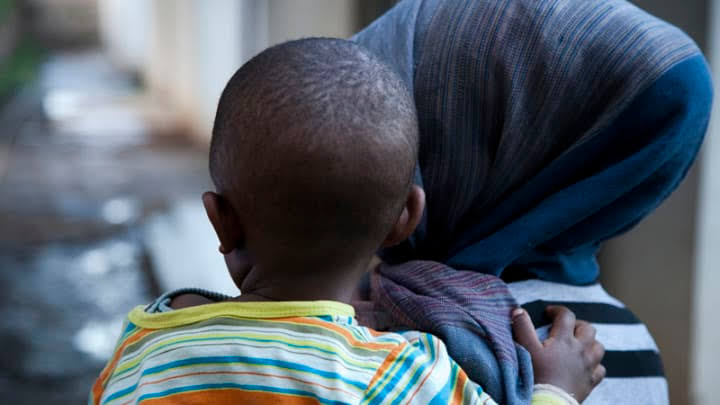Nigeria joins UN alliance to end AIDS in children by 2030

UN agencies and others on Monday formed a global alliance to prevent new HIV infections and ensure that by 2030 all HIV positive children can get access to lifesaving treatment.
According to UN data, more than three quarters of all adults living with HIV are receiving some kind of treatment while the number of children doing so stands at only 52 per cent.
In a statement issued by the Joint United Nations Programme on HIV/AIDS (UNAIDS), the initiative was launched by three UN agencies, UNAIDS, UN Children’s Fund (UNICEF) and World Health Organisation (WHO), in response to the disparity.
The alliance includes civil society movements (Global Network of People living with HIV), national governments, and international partners (PEPFAR and the Global Fund).
Twelve countries have joined the alliance in the first phase. They are Angola, Cameroon, Côte d’Ivoire, The Democratic Republic of the Congo (DRC), Kenya, Mozambique, Nigeria, South Africa, Tanzania, Uganda, Zambia, and Zimbabwe.
The new Global Alliance for Ending AIDS in Children by 2030 was announced at the landmark International AIDS Conference, which comes to a close in Montréal, Canada, on Tuesday.
Addressing the conference, Limpho Nteko from Lesotho shared her journey from a surprise HIV diagnosis to pioneering the women-led mothers2mothers programme to combat gestational transmission of HIV.
Pregnant when diagnosed, Ms Nteko highlighted the importance of community leadership in combating HIV.
“To succeed, we need a healthy, informed generation of young people who feel free to talk about HIV, and to get the services and support they need to protect themselves and their children from HIV,” she told delegates.
Ms Netko’s emphasis on community leadership will now be backed by the resources of an international coalition. According to her, together, stakeholders in the alliance have identified four pillars of collective action:
The potential success of the alliance rests on its unifying nature, according to UNAIDS executive director Winnie Byanyima.
She pointed out that by bringing together new improved medicines, new political commitment, and the determined activism of communities, “we can be the generation who end AIDS in children.”
(NAN)
We have recently deactivated our website's comment provider in favour of other channels of distribution and commentary. We encourage you to join the conversation on our stories via our Facebook, Twitter and other social media pages.
More from Peoples Gazette

Politics
Katsina youths pledge to deliver over 2 million votes to Atiku
“Katsina State is Atiku’s political base because it is his second home.”

States
Residents scoop fuel as tanker falls in Edo
The truck driver was said to have lost control of the vehicle while trying to ascend the hill.

NationWide
MNJTF working to eliminate Boko Haram, ISWAP in Lake Chad: Official
He urged the public not to panic by the troops’ movements but to offer support to them to eradicate the terrorists.

NationWide
Tinubu congratulates information, interior ministers on birthdays
The President said the minister has brought finesse and immense experience to his role as Nigeria’s image maker.

States
Zamfara govt. to deal with workers receiving multiple salaries
He advised them to support the present administration in its determination to sanitise the state civil service.

States
Anambra labour unions call for establishment of civil, judicial service commissions for workers’ rights
They also called for the appointment of a special adviser on labour matters in the state.

Economy
Frequent changes in customs duty exchange rate bad for business: CPPE
“It is extremely difficult for investors to plan under these unstable circumstances.”








